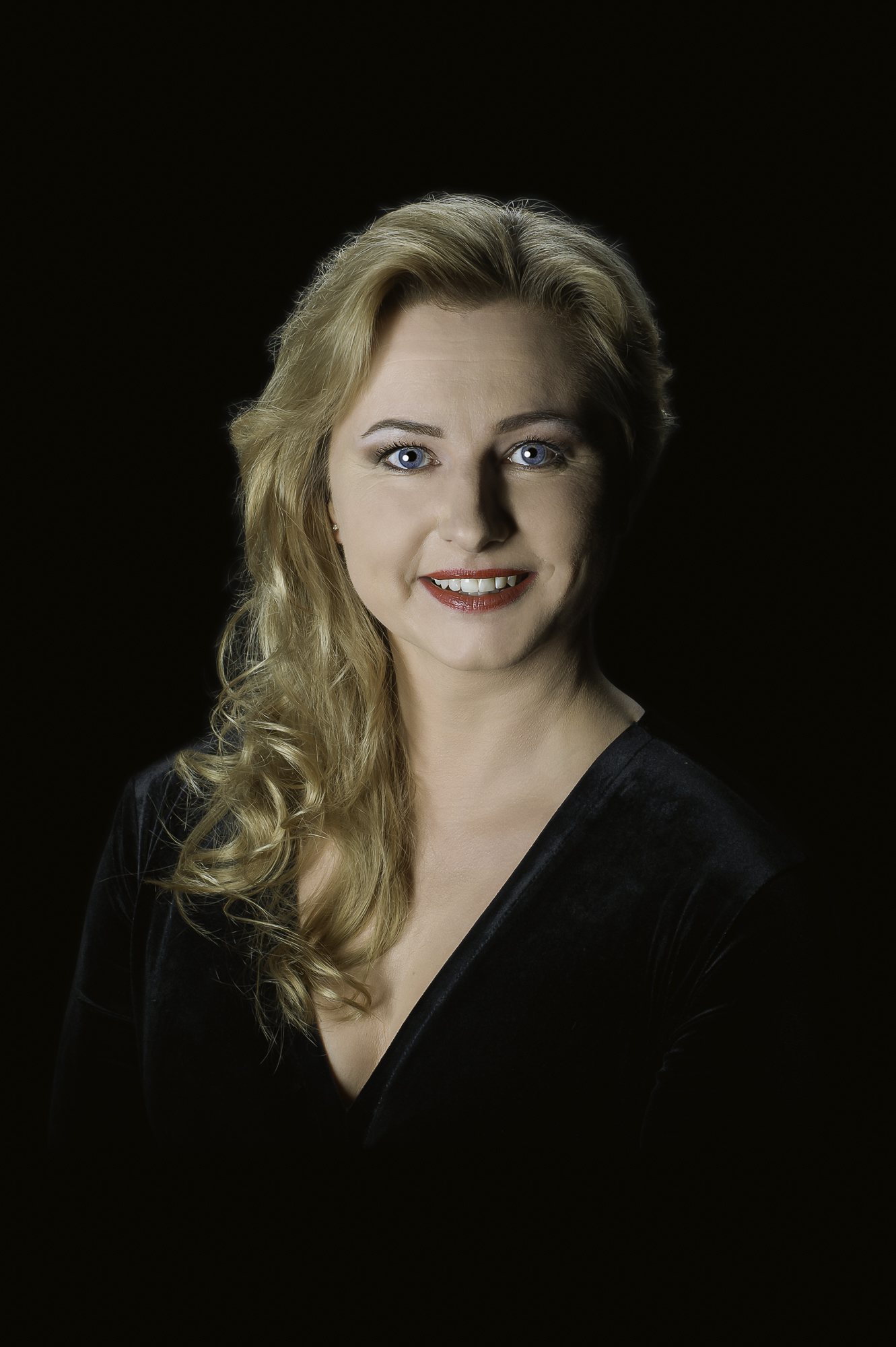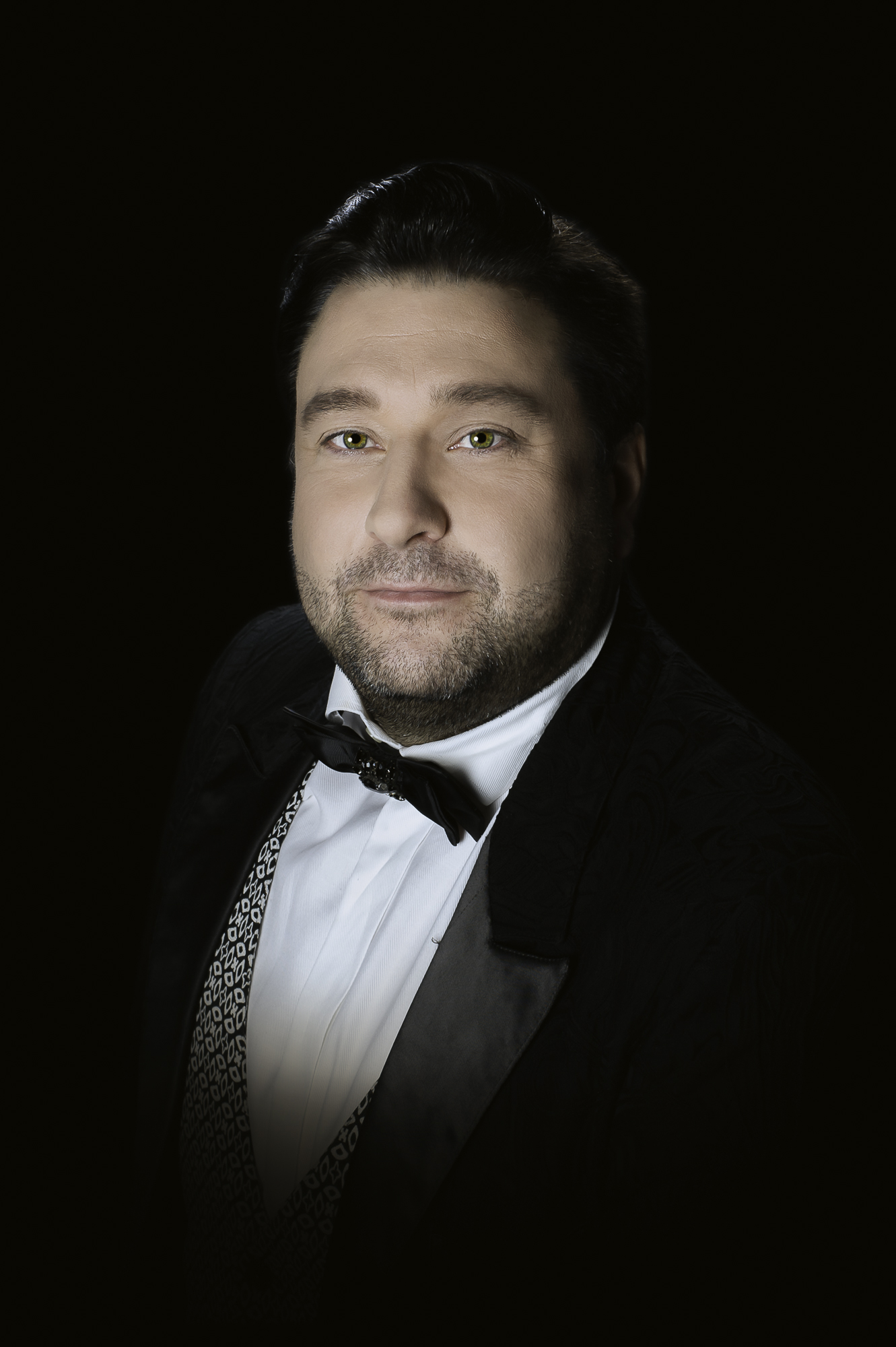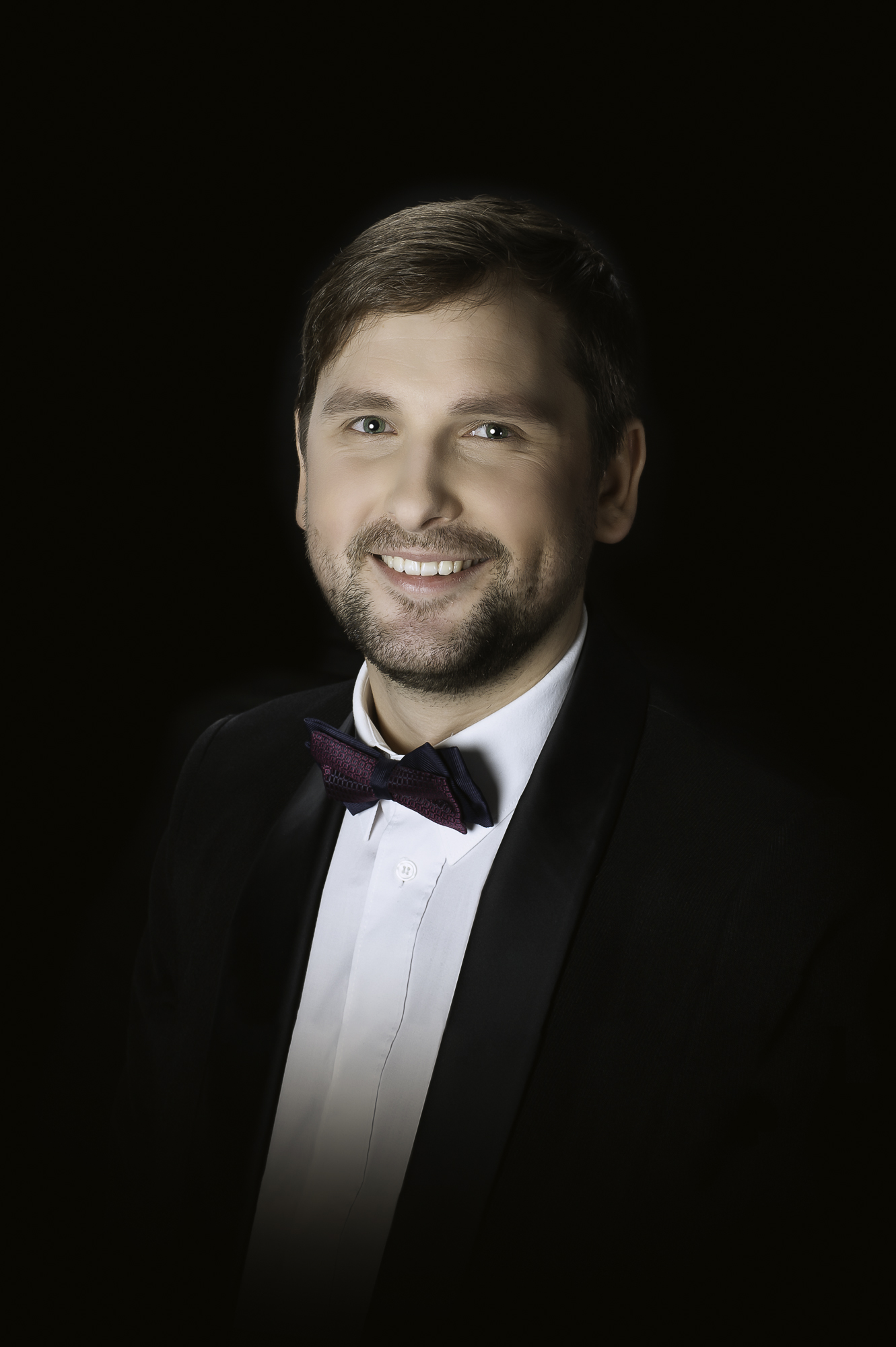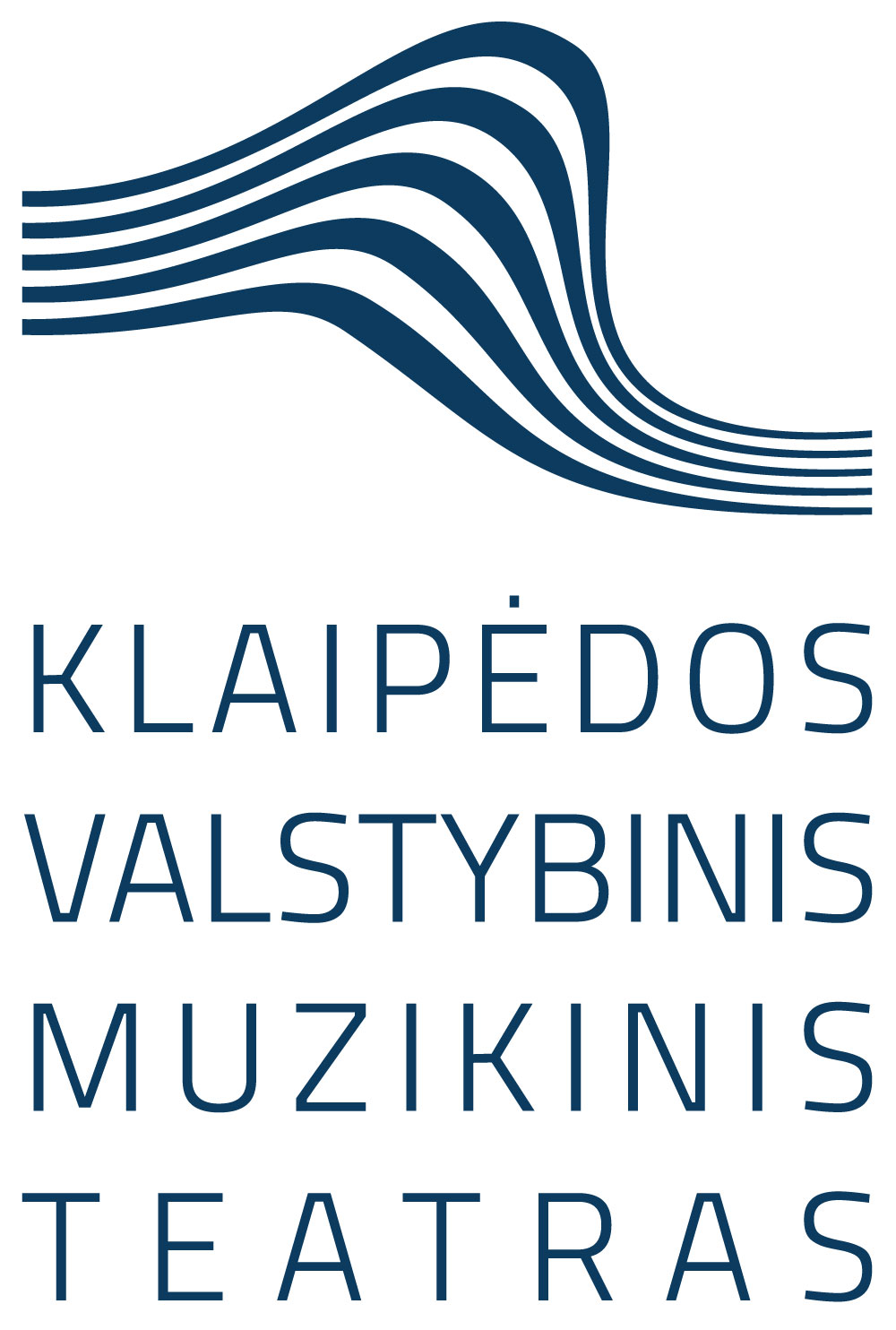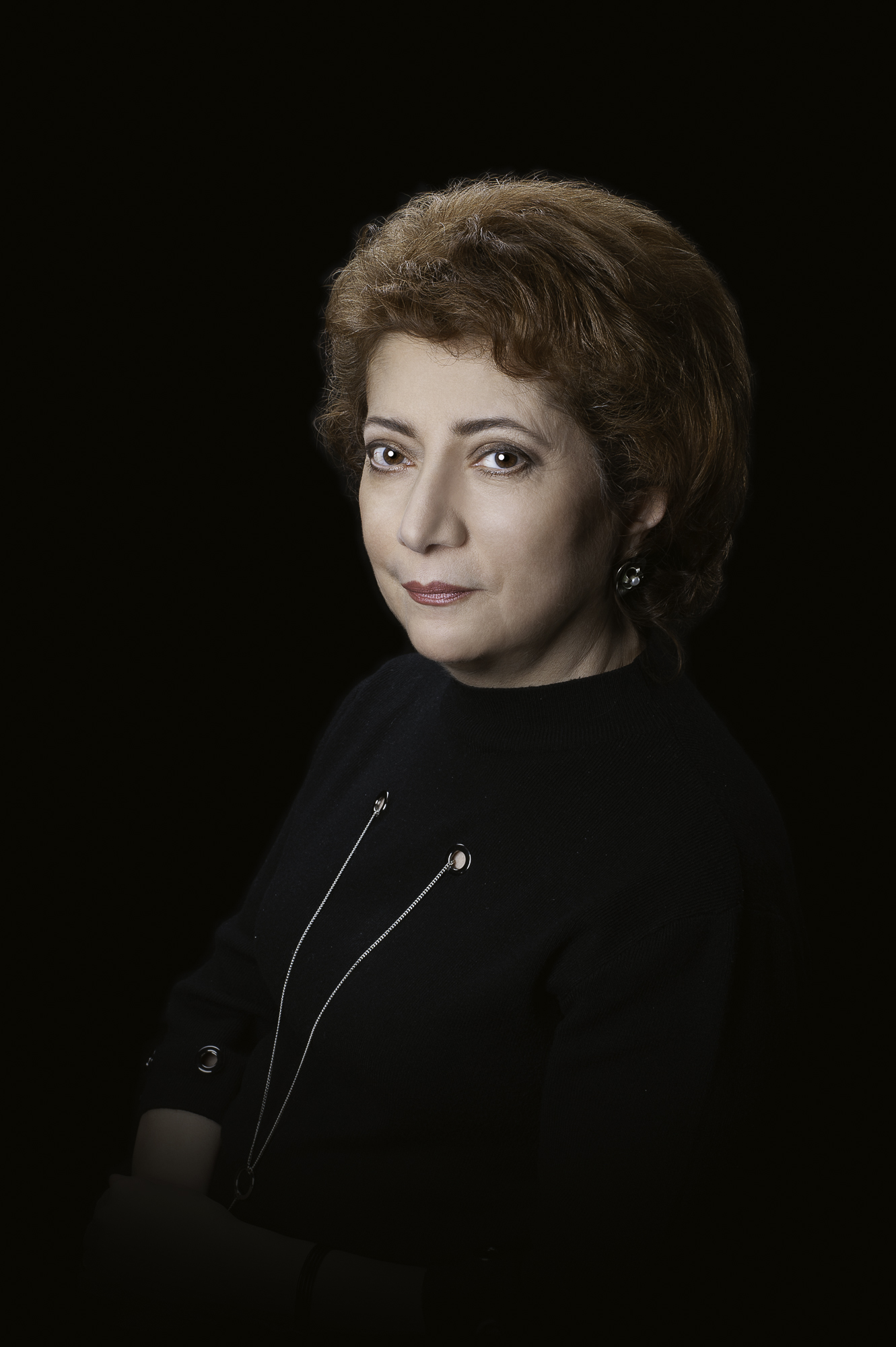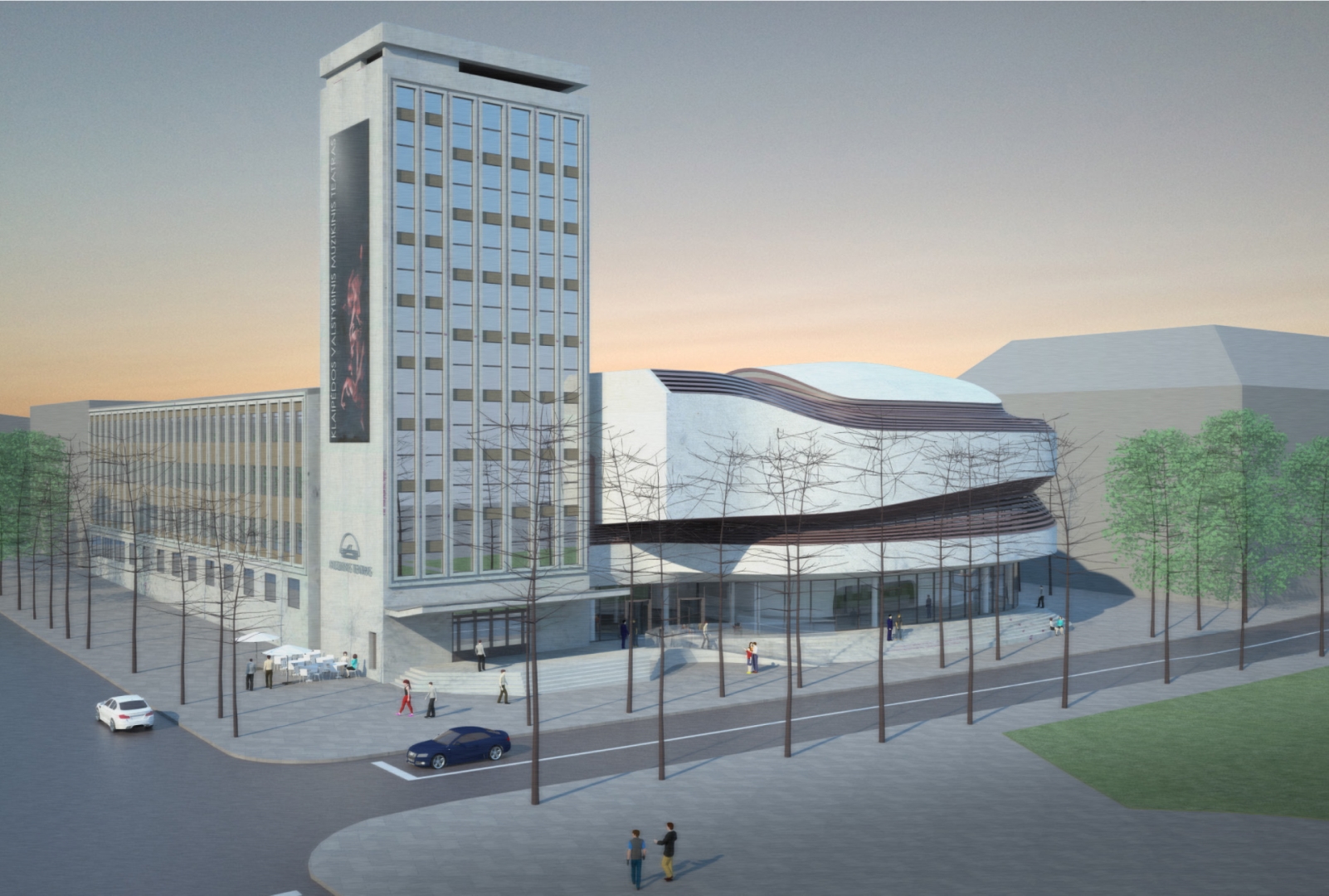A double bill of semi-staged operas
JOHANN SEBASTIAN BACH cantata Schweigt stille, plaudert nicht (Be still, stop chattering), BWV 211 (“Coffee Cantata”)
GIOVANNI BATTISTA PERGOLESI comic opera La serva padrona (The Maid Turned Mistress)
Two rather unassuming but delightful musical stories that have reached out time from the eighteenth century. Two very different composers from two countries who had only their lifetime and consummate mastery of their craft in common: German Johann Sebastian Bach (1685‒1750) and Italian Giovanni Battista Pergolesi (1710‒1736).
Once a week visitors of the Zimmermann’s coffee house in Leipzig have been entertained by the local university’s musical ensemble called a collegium musicum, which was led by Bach at the time. The citizens of Leipzig (except women, of course) enjoyed performances of this ensemble, during which they could indulge themselves in drinking coffee, which was still considered an exotic drink at the time. However, attempts were made to prevent German women from drinking this beverage, fearing that they will develop a bad habit that might harm their sensitive nervous system and even lead to infertility. Sure enough, such fears were not conducive towards the spread of Zimmermann’s coffee house business. Thus, in 1734, it commissioned the leader of the Collegium Musicum to write a coffee-themed work. Shortly thereafter, the prolific composer delivered the secular “Coffee Cantata” Schweigt stille, plaudert nicht for three soloists and instrumental ensemble, which became the first ever musical work celebrating coffee in the history of music. The libretto for the “Coffee Cantata” was written by the popular man of letters of the time, known as Picander (a sobriquet of Christian Friedrich Henrici). One of cantata’s main protagonists, Lieschen, sings her lines: “Oh! How sweet coffee does taste, better than a thousand kisses, milder than muscat wine.” While her father, Herr Schlendrian, makes effort to rid his daughter of this inappropriate, as he believes, predilection and admonishes her to stop drinking coffee if she wants to ever get married. Obviously, all ends well, both for shrewd Lieschen and for coffee, in which women now take delight without fear. Yet fate plays nasty tricks on unsuspecting composers by obscuring pieces that they hold dear as the pinnacle of their artistic output and casting the limelight on the works that they had blithely jotted down for the amusement of their audience.
This was exactly what happened to a Neapolitan composer named Giovanni Battista Pergolesi. In his time it was customary to entertain audiences during intermissions between the acts of an opera seria by mounting short operatic interludes of comic character called intermezzi. Wishing to keep the attention of capricious audience until the end of his opera seria Il prigionier superbo (The Proud Prisoner), which received its first production in Naples, in 1733, Pergolesi wrote two snappy intermezzi, known today as La serva padrona. What happened next was the least expected by the composer who died of tuberculosis three years later: Il prigionier superbo soon fell into oblivion, while La serva padrona went on to enjoy fame up to this very day and became the classic of opera buffa. Having secured an unanticipated place in the golden treasury of music, this comic opera tells a story of an old bachelor named Uberto who is pestered by his perky maidservant Serpina (‘little snake’ in Italian). She has not brought him his chocolate for breakfast and threatened to leave him hungry until lunch. Uberto scolds her for disobedience, while Serpina whimpers, shedding false tears, and complains about the lack of respect for her feelings. Then Uberto orders his mute servant Vespone to find him a woman to marry. The maidservant understands that her luxurious life may come to an end and changes her tactic: she sweetly treats her master to chocolate and drops an unambiguous hint that he should marry her instead. Although loving Serpina in secret, Uberto remains apparently hesitant… Then the maidservant resolves to spur her master on to marrying her by invoking his jealousy. She introduces her supposed groom to Uberto – a rigid military man named Tempesta who is really Vespone in disguise. Their cunning plan not only makes the audience laugh but also helps Serpina finally become his master’s wife.

